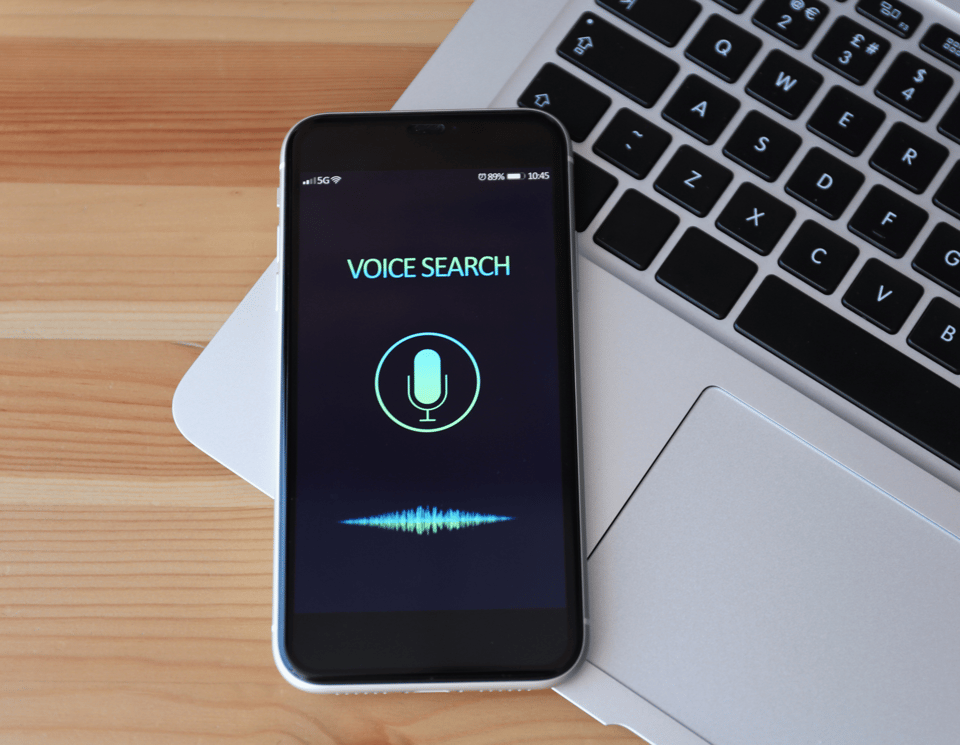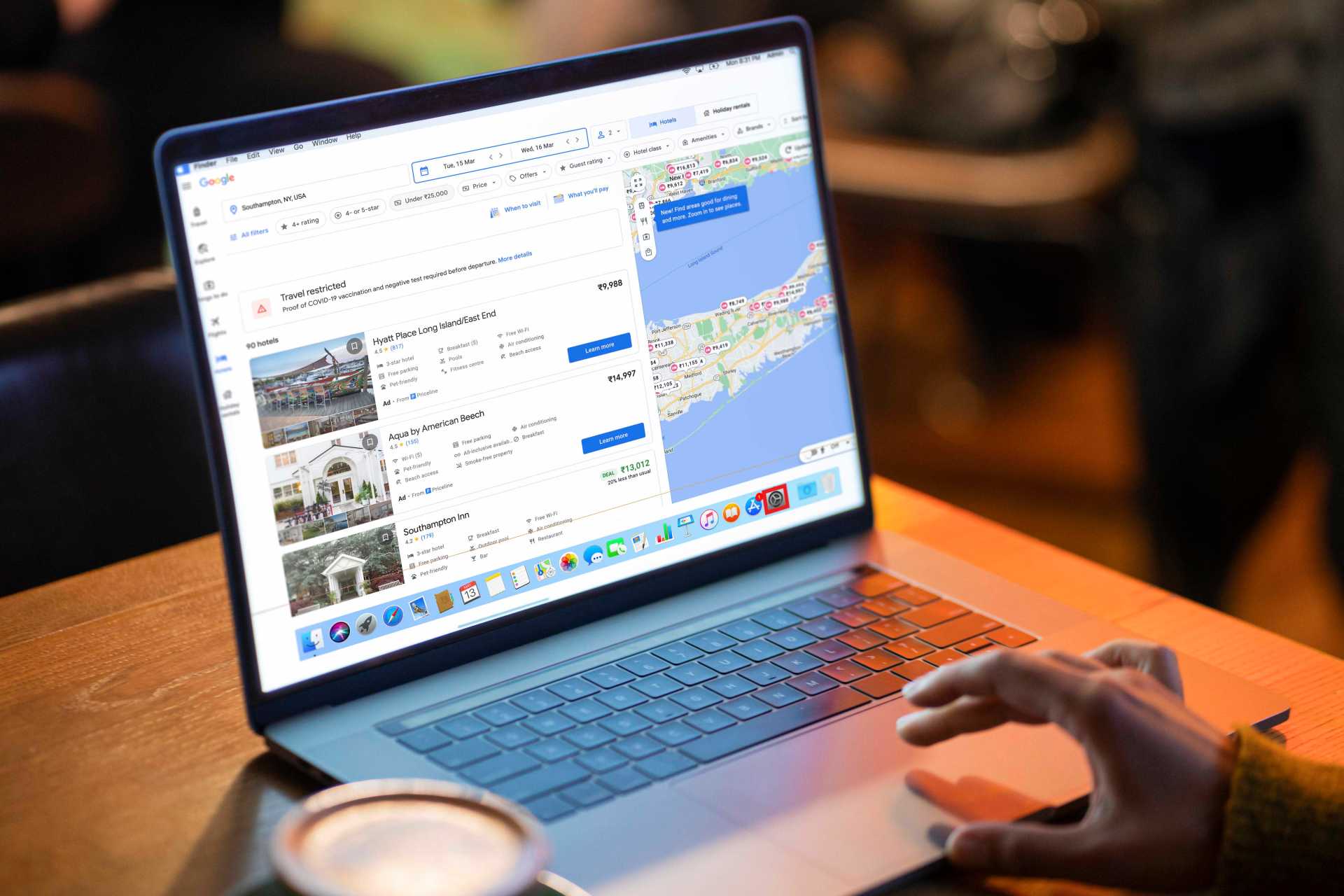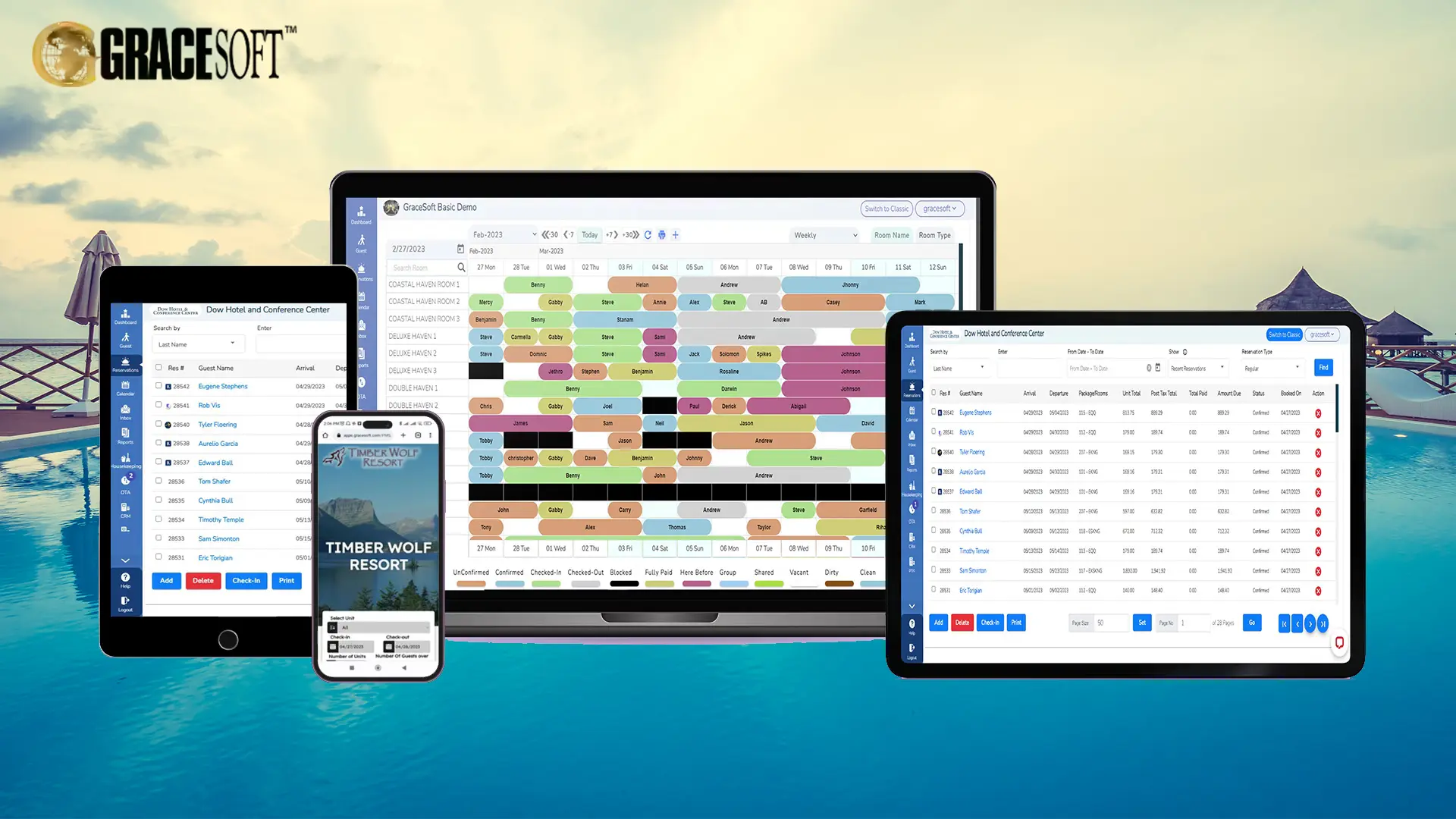2024 Hotel Tech Trends: What’s Ahead & What It Means for Investment
Last Updated On: 30/01/2024
To determine where to invest in your business this year, it’s essential to assess what customers want and how your property is or isn’t currently addressing this desire.

To decide where to invest in your business this year, it is crucial to evaluate what your customers want and how well your property is meeting their needs. Many hotel owners are motivated to create new operational efficiencies at the start of a new year, often through the implementation of technology. By keeping guest expectations at the center of your strategy, you can develop a solid business plan, identify areas for improvement and make smart technology investments.
If you’re ready to make a change but are unsure where to start, here’s a look at some of the biggest hospitality trends for 2024 and how they can impact the future of your hotel business.
- Rising Demand for Mobile & Digital Experiences
A hotel's digital presence is as important as its physical one. Most guests interact with hotels online, so a well-designed website, app, or social media platform that functions well is essential. With 73% of guests preferring to interact with hotels on their smartphones, offering guest-facing services on mobile devices is crucial. This can include mobile-responsive websites or apps, contactless payment, guest portals, and direct messaging. Hotels that have yet to invest in their online presence should do so now by building their own mobile-responsive website or app or partnering with third-party vendors that provide mobile compatibility.
- Shifting Preferences in the Booking Process
Despite being an essential function of hotel operations, reservations remain a significant pain point for guests. A recent survey of booking behaviours found that poor experience and pricing were the main reasons for guests not booking directly. At the same time, convenience was the top reported benefit of using an OTA. However, guests note that OTAs are not without drawbacks, with common complaints including too many options, complicating the booking process, too many ads and a lack of accountability when a reservation goes wrong.
In 2024, there are simple ways to address these issues and ensure a great booking experience. To start, upgrade from legacy systems that aren’t compatible with direct booking. When researching technology partners and vendors for an online booking engine, look for features like room customization and the ability to select add-ons. In fact, the main reason guests indicated a preference for direct booking was that they wanted extras. And don’t forget about mobile compatibility!
- Automated Text Messages
Automated text messaging is an effective way for hotels to communicate with their guests and share important information. These messages can be sent through conventional SMS messaging or a dedicated hotel app, depending on the hotel's strategy. It is crucial to send these messages at the right times.
For instance, a welcome message after check-in can help create a great first impression and provide guests with information they can refer back to during their stay. Similarly, a message asking for feedback after check-out can help hotels improve their services based on guest experiences.
- Sustainability as a Core Value:
Eco-conscious travellers are having a significant impact on the hospitality industry, driving a push towards sustainability. By 2024, the number of hotels and resorts adopting eco-friendly practices are expected to increase. This will include the implementation of energy-efficient technologies, waste reduction initiatives, and a focus on sourcing local and organic products. The move towards sustainability is not just a response to consumer demand, but also a strategic move for long-term business resilience.
- Contactless Technology Integration:
The current global health crisis has led to a faster adoption of contactless technologies in the hospitality industry. By 2024, we can expect to see a smooth integration of contactless check-ins, mobile room keys, and digital concierge services. This will not only improve guest safety but also offer a more efficient and personalized experience.
- Personalized Experiences through AI:
Artificial Intelligence (AI) is becoming more and more significant in the hospitality industry. By 2024, hotels and resorts will make use of AI to analyze guest preferences and behaviours, which will allow them to provide highly personalized experiences. From personalized room settings to customized recommendations for dining and activities, AI is transforming the way guests interact with their surroundings.

- Immersive Technologies in Guest Engagement:
Augmented Reality (AR) and Virtual Reality (VR) are increasingly being used to enhance guest engagement in hotels. By 2024, hotels may offer AR-guided tours, VR-enhanced booking experiences, and immersive entertainment options within their premises. These technologies can create unforgettable experiences for guests, introducing a new era of entertainment in the hospitality industry.
- Wellness and Mindful Travel:
The trend of prioritizing well-being and mindful travel is expected to continue gaining traction in 2024. As a result, hotels are starting to incorporate various wellness programs, fitness activities, and nutritious dining options in order to cater to guests who prioritize their health. Furthermore, spas, yoga studios, and meditation spaces are becoming essential amenities, providing guests with holistic experiences that prioritize both physical and mental well-being.

- Chatbots:
Chatbots are essential for the modern hotel technology marketing strategy. They provide customers with quick answers to their queries at all hours of the day and can communicate in different languages. Chatbots are becoming more important in the post-COVID era as they can address customers' questions about policies and procedures effectively.
- ChatGPT Use for Hotels:
ChatGPT is a tool that has the potential to revolutionize many industries, including the hotel industry. It can be used to create content automatically or reduce costs in different areas. However, it needs to be used cautiously. This tool can be a valuable asset to hotels and their staff if utilized effectively.
- Flexible and Remote Work Spaces:
With remote work becoming more common, hotels are modifying their spaces to cater to the needs of remote workers. By 2024, there is expected to be a rise in hotels offering co-working spaces that come equipped with high-speed internet, comfortable seating, and business amenities. This trend not only appeals to business travellers but also serves as a unique selling point for those who want to work in a different setting.
- Voice Searches:
The last few years have seen significant advancements in voice search technology, with devices like Alexa and Siri becoming increasingly popular for home use. This technology has also found its way into hotels, where it can be used to enhance existing systems. Voice-activated applications make it easy for guests to book rooms or contact hotel representatives without the need for hands-on interaction. As voice-controlled apps and services continue to improve, travellers may soon be able to plan and book entire trips using only their voice.

- Metasearch bookings:
Metasearch channels are not only useful for guests, but are also profitable marketing tools for hoteliers to bid for higher visibility and receive more direct bookings. Distribution on metasearch is a major trend in hospitality marketing today.
- Hotel Robots:
Hotels in 2024 are implementing robots to improve their operational efficiency. These robots are being used to perform various tasks such as room service delivery and luggage handling, making them an essential part of the hotel workforce. This not only reduces the workload of human staff but also ensures faster and more precise service, leading to an overall better guest experience.
Conclusion:
The hospitality industry is evolving rapidly. In 2024, hotels and resorts are embracing innovative techniques to meet the changing needs and expectations of guests. They are leveraging advanced technologies, prioritizing sustainability, and focusing on the well-being of their customers. By keeping up with these trends, hospitality businesses can create a lasting impact and establish themselves as leaders in the industry.
You May Also Like
These Related Stories

What is Google Free Booking Links? | GraceSoft

What is Hotel Reservation Software and Why it is Important?


No Comments Yet
Let us know what you think